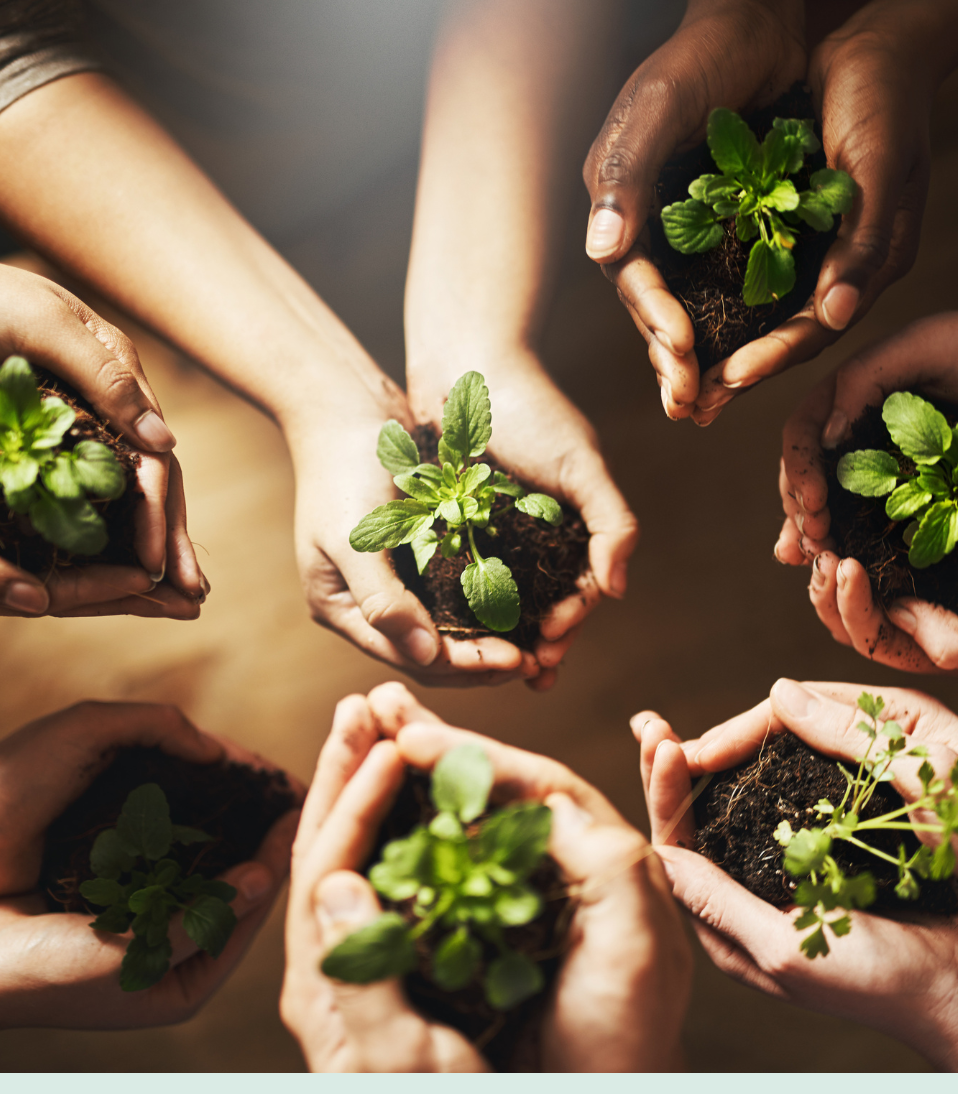
Save our planet with sustainability - together by taking small steps
Save our planet, as we're all aware of Earth's deteriorating condition. As we all are informed by the fact that earth is dying day by day. So, we can make small steps individually so we can make a big change together which will eventually help us in saving our planet and its resources. Here is a list of some things that we can do to save our planet from upcoming disasters and how we can tackle them before arrival.
Conserve Water
The little things can make a big difference. Every time you turn off the water while you're brushing your teeth, you're doing something good. Got a leaky faucet? You might be dripping as much as 90 gallons (340 liters) of water down the drain every day. So fix it! It's easy and cheap. And stop drinking bottled water. Switch to filtered tap water. You'll save a ton of cash and help reduce a ton of plastic waste in the process.
Reduce, Reuse, Recycle
You can help reduce pollution just by putting that soda can in the recycling bin. It really does make a difference. Paper, too. Case in point: If an office building of 7,000 workers recycled all of its office paper waste for a year, it would be the equivalent of taking almost 400 cars off the road. But you can also take reusable bags to the grocery, and avoid using disposable plates, spoons, glass, cups and napkins. They create huge amounts of waste. And buy products that are made of recycled materials. It all makes a difference
Live Energy Wise
Make your home more energy efficient (and save money). Your home's windows are responsible for 25 to 30 percent of residential heat gain and heat loss. If they're old and inefficient, consider replacing them. Also, be sure your home has the proper insulation. Insulation is measured in terms of its thermal resistance or R-value — the higher the R-value, the more effective the insulation. The amount of insulation your home needs depends on the climate, the type of HVAC system, and where you're adding the insulation. Smaller things you can do right away include replacing your air filter regularly so your HVAC system doesn't have to work overtime. Keep your window treatments closed when it's extremely hot and cold outside. You can also consider installing a programmable thermostat like Nest so your system isn't running (and wasting energy) when you're not home.
Plant a Tree (or Two)
In 2018 the United Nations' Intergovernmental Panel on Climate Change (IPCC) report, the U.N. suggests an additional 2.5 billion acres (1 billion hectares) of forest in the world could limit global warming to 2.7 degrees Fahrenheit (1.5 degrees Celsius) by 2050. That's a lot of trees, but you could plant one or two, right? One young tree can absorb CO2 at a rate of 13 pounds (5 kilograms) per tree. Every. Single. Year. And that's just an itty-bitty baby tree. Once that tree reaches about 10 years old, it's at its most productive stage of carbon storage. Then it can absorb 48 pounds (21 kilograms) of CO2 per year. Trees also remove all other kinds of junk from the air, including sulfur dioxide, nitrogen oxides and small particles. So go ahead, plant a tree. It's good for everybody.

